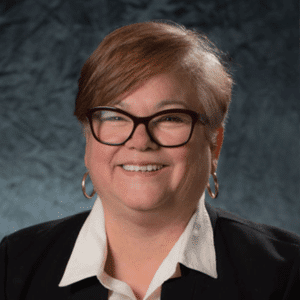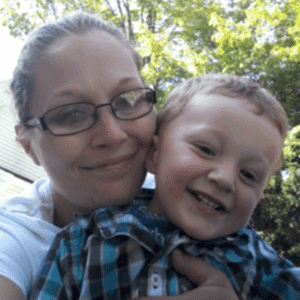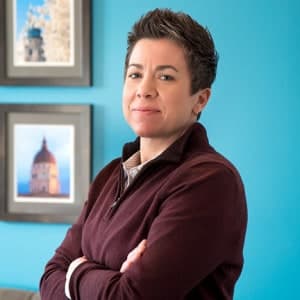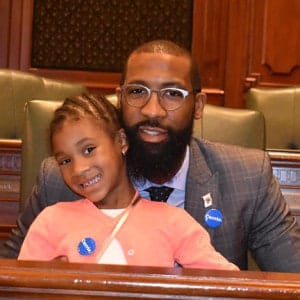
Fourteen years ago, Gladys Montes joined the United Way of Miami-Dade and was tasked with developing a program that would move the needle towards higher quality early childhood programs with the needs of the community they serve at the forefront. Through the collaboration between the United Way Center for Excellence in Early Education and Educare Miami-Dade, Gladys helped establish them as a training program, a demonstration program, a partner in many discussions, and as voice for providers in our community.
Recently, we spoke with Gladys about her work with the United Way of Miami-Dade and Educare Miami-Dade and how their programs have supported those communities most in need.
- What was the impetus for creating the Center for Excellence in Early Education?
The United Way of Miami-Dade has been funding early childhood education for over 30 years. Like other United Ways throughout the nation, the design of our model was to partner with institutions in our community so that we actively engaged them, as they created proposals that addressed the work they were doing in our community. This process went on for a number of years and as the years went by, our Board of Directors was not satisfied with the advancement of these programs toward high quality early care and education programs. The Board understood the impact high quality has on the children and families in our community. It was clear that additional strategies needed to be in place in order to impact our community in the manner that United Way of Miami-Dade wanted.Our community was lacking a place where early childhood practitioners could meet and discuss areas there were important to them. For example, practitioners needed access to an array of professional development learning, and the Center was able to provide it. We needed a place where we could see what high quality practices meant, and the Demonstration School, Educare Miami-Dade, provided it.
- What was the need you saw in your community and why did you believe that an Early Head Start Child Care Partnership (EHS-CCP) was the answer to it?
For the past 13 years we have been a delegate of Head Start and Early Head Start (EHS) for Miami-Dade County. Being a delegate requires organizations to have the needed infrastructure to support all of the comprehensive services required by the Head Start Performance Standards. When the Funding Opportunity Announcement for EHS came out, we saw it as an opportunity to impact small programs in communities of high need, communities that otherwise would not be able to access the federal dollars focused on improving the quality of their programs. It was evident to us that this was the opportunity to put into practice what we had been doing for years at the Center for Excellence – Educate, Demonstrate, and Advocate.Through the grant, we focused not on the low hanging fruit, but on the programs that families were using, regardless of their quality. We could actually take folks that were living in these communities and were employed by these centers and family child care homes and re-focus their trainings to move to a higher understanding of infant and toddler care and education. We currently have 16 partners in our grants, and 150 practitioners. Based on experience, we decided to deliver the 120 hours for the CDA credential in the environments that the practitioners knew with instructors they were familiar with and utilized Educare Miami-Dade as the place where the courses came alive. We added an internship component where the practitioners could come and spend time at Educare Miami-Dade and understand how to implement the areas in which they received training. Our Educare Miami-Dade staff has visited the school and together they have moved to implement changes that have resulted in great results.
- What is your vision for the future of United Way Center for Excellence? How would you like to see it grow? What impact would you like to have?
Our original vision continues to be of impact in our community. We will continue to fight for better opportunities for all our teachers and for all children to have the best care and education we can provide so all children can reach their highest potential.





